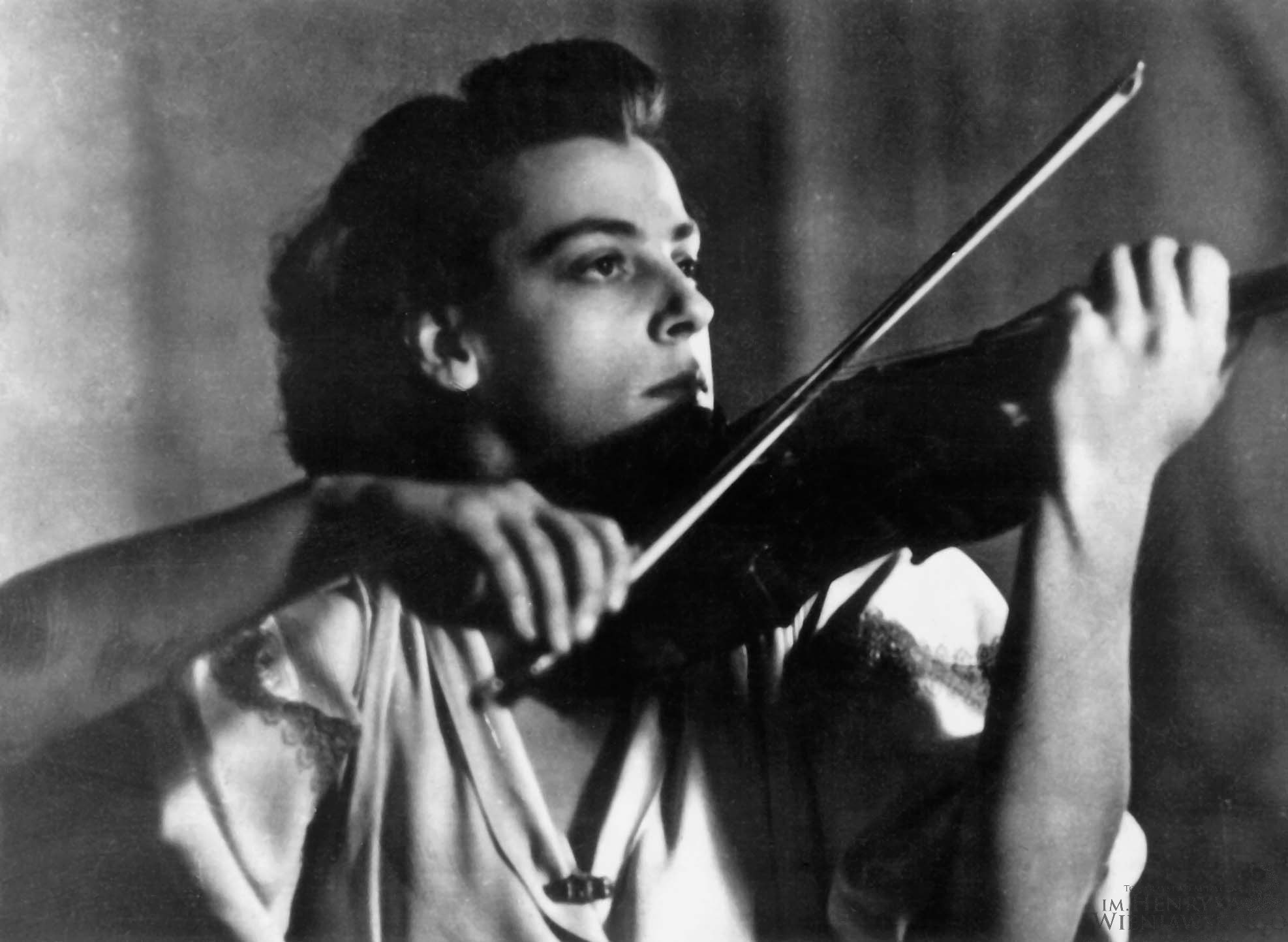The Lydian String Quartet, Up Close and Personal
Here are two clips which provide an intimate, virtual front row seat to the excellent, Boston-based Lydian String Quartet. You’ll get a sense of the subtle communication that takes place between members of a fine chamber music group. Hours of rehearsing together allow for spontaneous musical conversations to unfold as one voice reacts to the timing and phrasing of another. Formed in 1980, the Lydian String Quartet won the 1984 Walter W. Naumburg …


